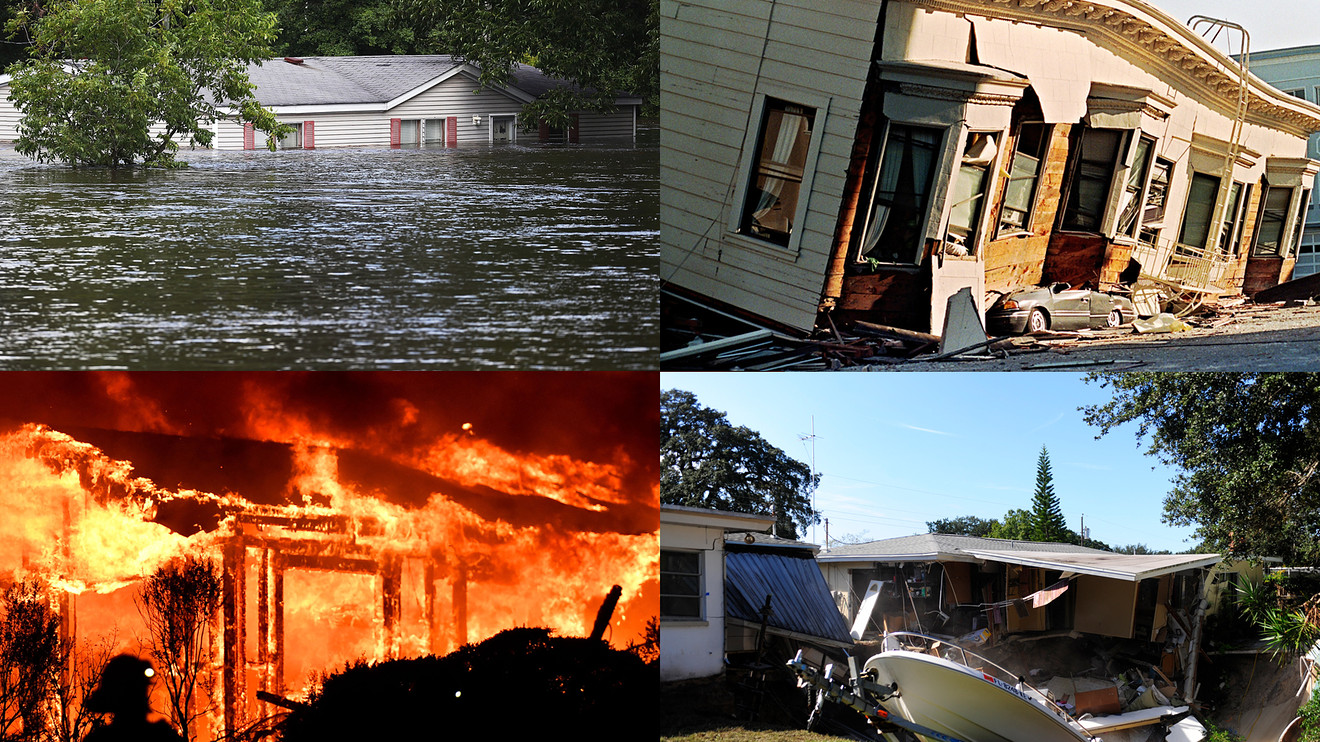If you live in an area prone to hurricanes, you’ve probably been wondering what hurricane insurance covers and how you can get the coverage you need. This article will cover a few critical aspects of hurricane coverage so you know what to expect.
Flooding
Hurricanes and floods are two types of natural disasters that may occur. Knowing the difference between the two and what to do if you live in a high-risk area is essential. The National Flood Insurance Program is a way to protect your home and personal property from floods.
Although hurricanes cause flooding, they are not covered by standard home insurance. However, most carriers do offer some form of flood insurance. If you do not have flood insurance, consider purchasing an additional policy or applying for a FEMA grant.
While buying flood insurance on the same day a hurricane hits is not always possible, you should still be aware of the various available options. You should also know what to expect when filing a claim. You may be asked to prove how the damage occurred during a natural disaster.
Windstorm Damage
Hurricane insurance is designed to pay for damages caused by a hurricane. It is usually included as part of a homeowner’s policy or bought separately. If a policy is purchased for a home, it should cover the structure and any personal belongings inside. The coverage may also extend to other structures on the property, such as fences.
A typical windstorm insurance policy covers five different types of coverage. These include dwelling coverage, personal possessions, additional structures, windstorm deductible, and a limit of liability. This limit of liability is the maximum amount the insurer will pay out when filing a claim.
In addition to protecting your home from damage, a hurricane insurance guide can help you recover from the restoration cost. If you have to repair your home after a windstorm, most policies will cover the expenses if you file the claim quickly.
Click here – Signs You Need to Get a Living Trust
Sewer Backup
A sewer backup can be devastating. It can cause damage to almost every part of your home. The cost of fixing the problem can be overwhelming. However, you can get some help if you have insurance.
Sewer backups result from broken pipes or a damaged sewer line. Having a sump pump is a good idea to prevent a sewer backup. You can also purchase a generator to protect your home.
When a sewage backup occurs, you may be able to have the damage covered by your insurer. Some companies will offer this as a separate policy or an endorsement of your homeowner’s insurance.
If you live in an area where sewer backup is standard, you should look for a company that offers this coverage. In addition, you should check your current policy to determine if it includes this coverage.
Most homeowners’ policies do not cover sewer backup. If you have a policy that does include this type of coverage, you will need to purchase a separate supplemental policy.
Flying Debris
Having a hurricane or two in your lifetime is common; in some places, a storm can be as destructive as one that hasn’t happened in centuries. In such a circumstance, you’ll want to be able to rely on your car insurance to protect you from the financial disaster of a loss so that you can get back to your pre-hurricane routines. Depending on your specific situation, you can choose from several types of coverage. You should always be aware that not all insurance carriers are created equal. So, do your homework before signing on to the dotted line.
Regarding automobile insurance, getting the best coverage at a price that won’t break the bank is a good idea. Getting the best deal isn’t just about finding the cheapest plan; you’ll also want to be sure you’re getting the most comprehensive and a la carte coverage.
Click here – Tips to Help You Manage Your Anger in Challenging Situations
Temporary Living Expenses
Your insurance should cover temporary living expenses if a hurricane has damaged your home. This means you can stay in hotels or apartments until your home is rebuilt. You will need to keep the mortgage payments and utilities, but your homeowners’ policy will cover some of your other costs.
Generally, the standard homeowner’s insurance policy will cover up to 20% of the dwelling coverage, and some guidelines may have higher limits. The extra living expenses portion of your policy will reimburse you for costs such as restaurant meals, hotel bills, and a hotel room until you return home.
Some standard homeowner’s insurance policies will also include loss of use coverage. Coverage for loss of use is designed to help you and your family continue to live as usual.
There are many reasons why you might need to leave your home for a while after a hurricane or other disaster. It could be because you cannot use the house as it is, such as when the plumbing is broken or the roof has collapsed.
Filing a Claim
If you have been affected by a hurricane, it is essential to file an insurance claim. You should follow several steps to ensure the process is handled correctly and promptly.
The first step is to get in touch with your insurer. They can help you get back on your feet faster. You can also discuss any special needs you have. It is also a good idea to list your personal belongings. This will make it easier to prove ownership if your home is destroyed.
Once you have contacted your insurer, they should send an adjuster to assess the damage. The adjuster will take photos and write up an estimate. In some cases, the adjuster will even record their conversations.
An excellent way to speed up the process is to use photos. Take photographs of any damaged items and the surrounding area. Many adjusters now accept pictures from a smartphone.

